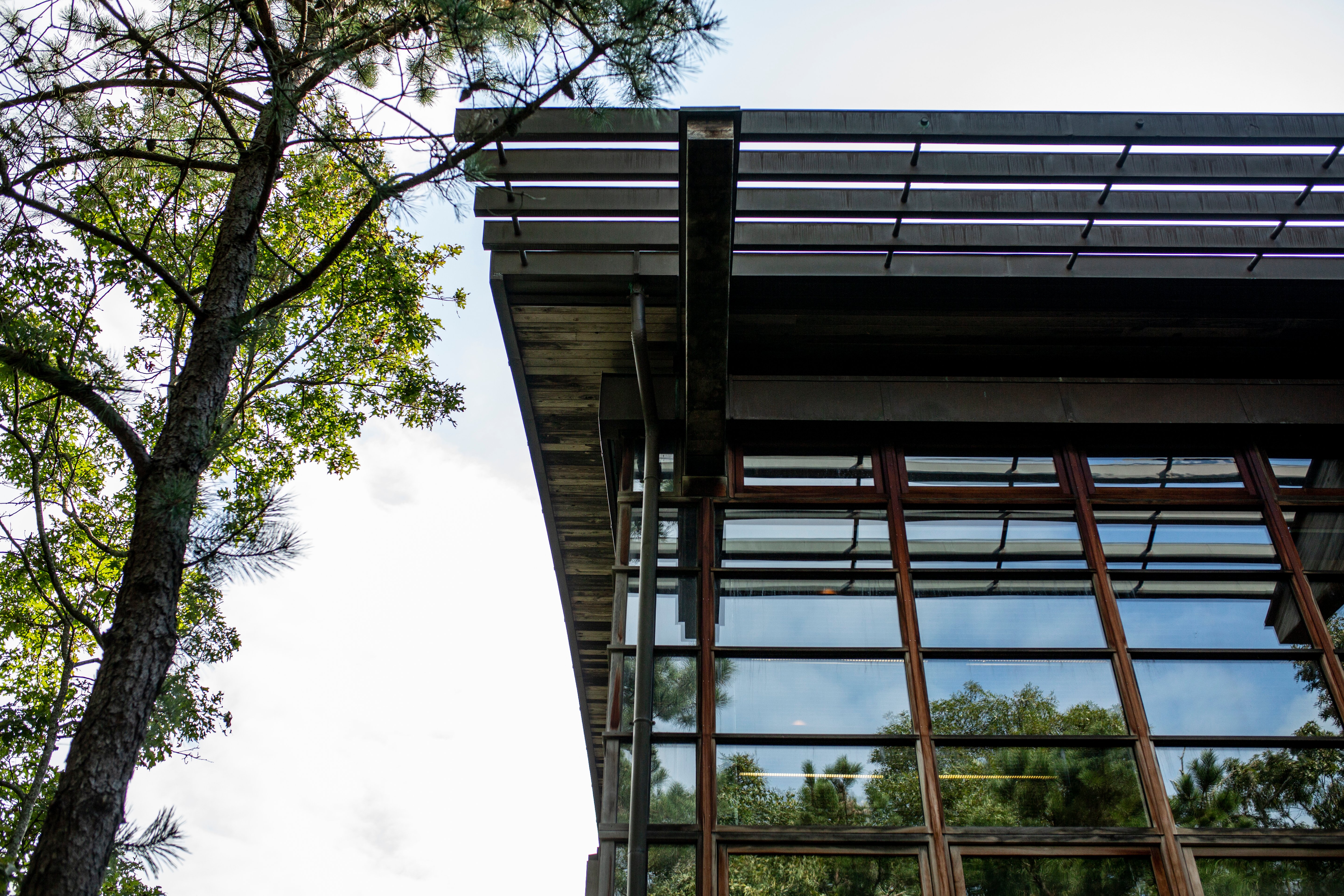Honoring the Earth: World Environment Day, June 5

Each year, our big, beautiful blue marble of a planet is twice celebrated—Earth Day on April 22 and World Environment Day on June 5. Earth Day, according to its organizers, “marks the anniversary of the birth of the modern environmental movement in 1970.” Earth Day gives voice to an emerging consciousness about the human relationship to the environment. Four years after Earth Day was established, the United Nations held its first World Environment Day. Their message declares:
“Humans are both creatures and molders of their environment, which gives them physical sustenance and affords them the opportunity for intellectual, moral, social and spiritual growth. In the long and tortuous evolution of the human race on this planet a stage has been reached when, through the rapid acceleration of science and technology, humans have acquired the power to transform their environment in countless ways and on an unprecedented scale.
“The United Nations, aware that the protection and improvement of the human environment is a major issue, which affects the well-being of peoples and economic development throughout the world, designated 5 June as World Environment Day. The celebration of this day provides us with an opportunity to broaden the basis for an enlightened opinion and responsible conduct by individuals, enterprises and communities in preserving and enhancing the environment. Since it began in 1974, it has grown to become a global platform for public outreach that is widely celebrated in more than 100 countries.”

Central to the Ross School curriculum is an exploration of the students’ relationship to the universe, to Earth, to society, and to themselves. This is done, of course, in ways that honor students’ natural cognitive development. Students at the Lower School, for instance, turned their former campus into a wildlife haven, as certified by the National Wildlife Federation. Plans are in place for them to do the same at the campus on Goodfriend Drive. Core classes in Middle and Upper School Science and Cultural History emphasize both the environmental impacts of civilization and the potential solutions. And numerous Senior Projects through the years have focused on exploring specific alternatives that would foster a sustainable existence. These have included producing fuel oil from algae; modeling alternative clean water, solar power, and architectural solutions for the Ross School and the East End; demonstrating low-impact lifestyles; producing hydrogen fuel cells and wind-powered motors; developing numerous biodegradable products and fashion wear; and creating media campaigns for sustainable lifestyles.
—Carleton Schade, Grade 12 Science
Carleton received an MS in geology from Florida State University in 1985; studied psychology, math and science at Hunter College and CCNY; was in NYU’s Applied Science Department for two years; and received an MA in Administration and Supervision from Brooklyn College in 2003. He has published several articles on coastal geology and global environmental issues, including his 2010 paper in the Journal of Sustainability, Environment & Development titled “Population Crash: Prospects for Famine in the 21st Century.” He joined Ross School in 2008, and has since taught numerous Upper School science courses and Advanced Environmental Science. For the past 15 years, Carleton has been speaking on these topics at venues both in New York City and on the East End. He has curated and hosted an oral-medium salon since 2008 and maintains a website about his interests.
Topics: Science
Posted by Carleton Schade


